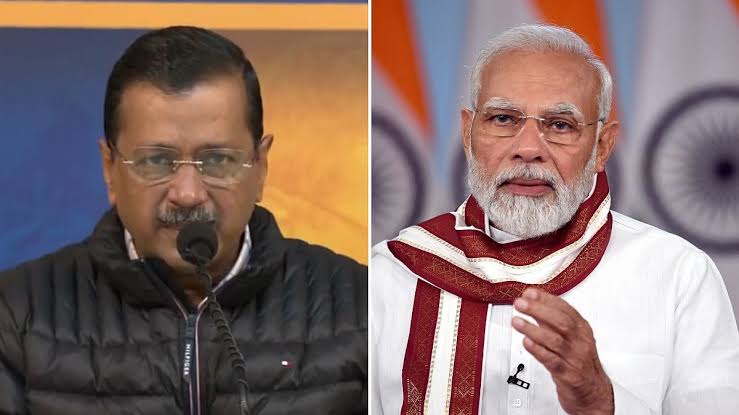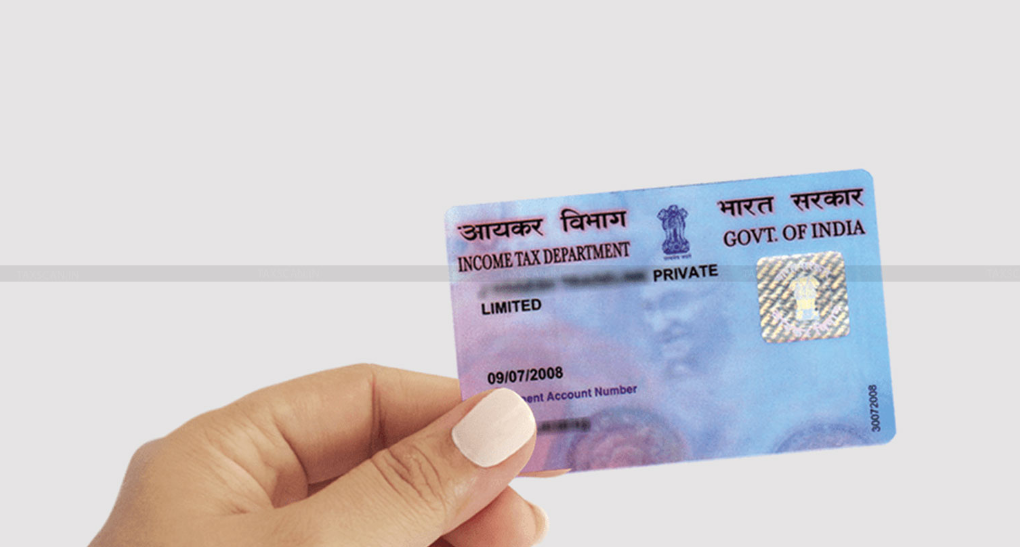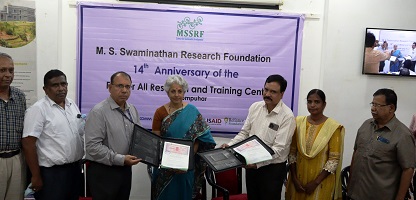The political landscape of Delhi has undergone a dramatic shift as the Bharatiya Janata Party (BJP) secured a decisive victory in the 2025 Assembly elections, ending the decade-long rule of the Aam Aadmi Party (AAP). This electoral battle, closely watched across the nation, was marked by high stakes, intense campaigning, and a voter turnout of 60.54%, reflecting Delhiites’ strong engagement with the democratic process.
 For AAP, the results were devastating. The party, which once symbolized a fresh alternative in Indian politics, suffered an unprecedented defeat, losing key strongholds, including the New Delhi seat, where Chief Minister Arvind Kejriwal himself was unseated by BJP’s Parvesh Verma. Other AAP heavyweights, including former Deputy Chief Minister Manish Sisodia, also faced crushing losses. The Congress, struggling to regain its footing in Delhi, remained a non-contender, failing to win a single seat for the third consecutive election.
For AAP, the results were devastating. The party, which once symbolized a fresh alternative in Indian politics, suffered an unprecedented defeat, losing key strongholds, including the New Delhi seat, where Chief Minister Arvind Kejriwal himself was unseated by BJP’s Parvesh Verma. Other AAP heavyweights, including former Deputy Chief Minister Manish Sisodia, also faced crushing losses. The Congress, struggling to regain its footing in Delhi, remained a non-contender, failing to win a single seat for the third consecutive election.
BJP’s resurgence in the capital has been attributed to a combination of factors. Their campaign strategy focused on attacking AAP’s governance, raising issues such as the alleged mismanagement of the Yamuna cleanup, corruption allegations linked to the liquor policy, and the controversial renovation of the Chief Minister’s residence. These themes resonated with voters who seemed to have grown weary of AAP’s leadership. Additionally, BJP’s promise of “double-engine governance”—aligning state policies with the central government—proved to be an effective narrative.
The results have left AAP in a state of introspection. Once celebrated for its grassroots-driven politics and governance model centered around education, healthcare, and subsidized utilities, the party now faces its biggest political crisis. Supporters who once saw Kejriwal as a disruptor in traditional politics now question whether the party lost touch with its original ideals. The reaction from the party was somber, with its headquarters shutting its doors soon after the results became apparent.
On the other hand, BJP leaders and workers celebrated their victory with enthusiasm, hailing it as a mandate for development and governance. Prime Minister Narendra Modi, in his statement, expressed gratitude to the people of Delhi, assuring them that his party would work towards fulfilling their aspirations. Parvesh Verma, the BJP leader who defeated Kejriwal, emerged as a potential contender for the chief ministerial position, a decision that will shape Delhi’s political trajectory in the coming weeks.
The election outcome also sent ripples through the opposition alliance at the national level. The INDIA bloc, an alliance of opposition parties including the Congress and AAP, is now facing internal questions about its effectiveness. While Congress leaders distanced themselves from AAP’s failure, some opposition figures, like Sanjay Raut from Shiv Sena (UBT), suggested that a united Congress-AAP front could have prevented BJP’s victory.
As Delhi transitions into a new political phase, the biggest challenge for BJP will be to deliver on its promises. The city grapples with complex issues—air pollution, infrastructure development, and governance conflicts between the state and the central government. How the BJP navigates these challenges will determine whether this victory marks the beginning of long-term dominance or merely a temporary shift in power.
For AAP, this defeat is a moment of reckoning. The party’s ability to reflect, regroup, and reinvent itself will decide its future in Delhi politics. Meanwhile, for Delhi’s voters, this election was not just about party loyalties but about trust in leadership. As the celebrations wind down and the dust settles, the people of Delhi will now watch closely to see if their choice brings the change they hope for.




